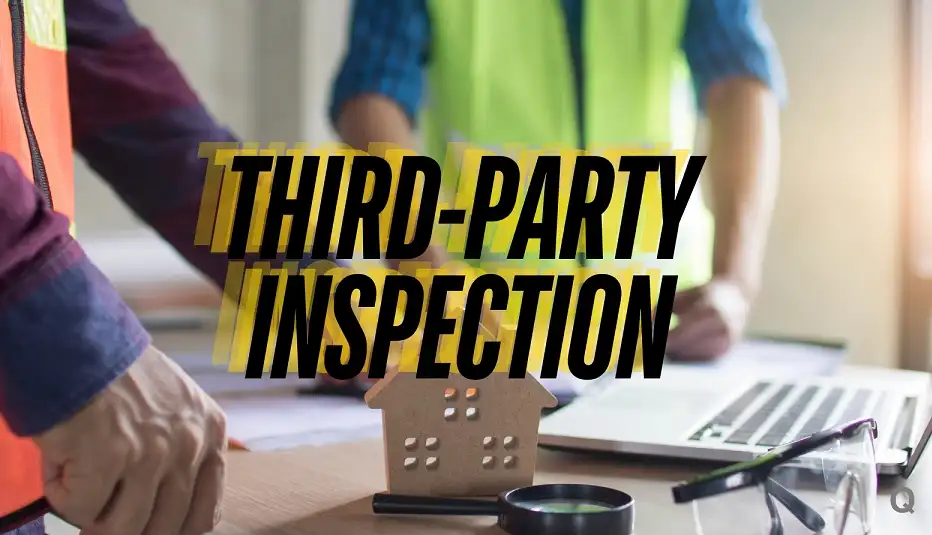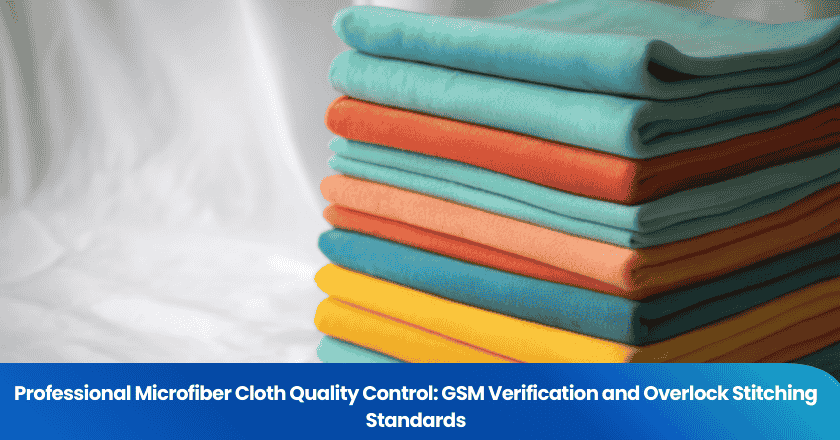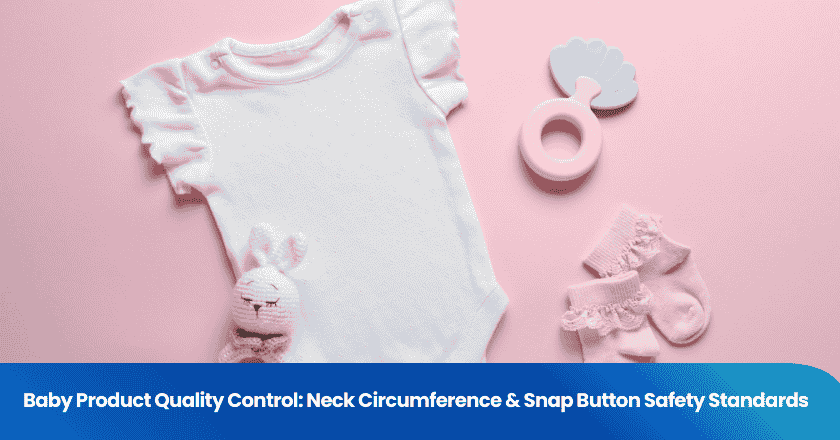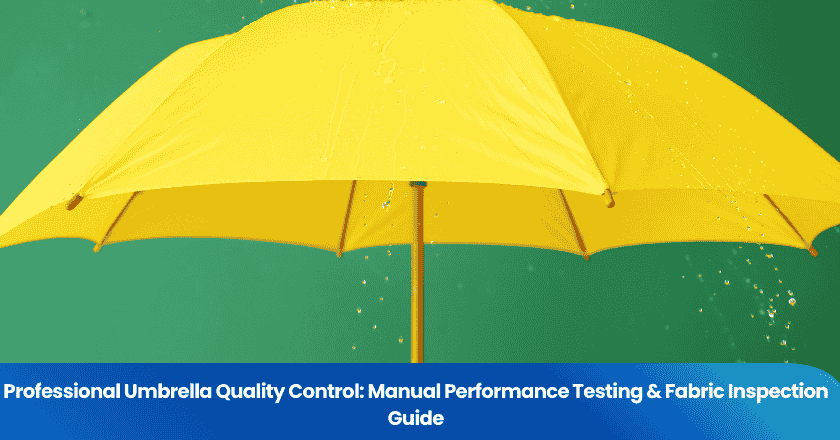
In today's globalized world, where every aspect of manufacturing and trade is becoming increasingly complex, ensuring product quality and compliance has become the key to corporate success. Third-party inspection agencies, as independent providers of quality control services, play a crucial role in this process. They not only assist companies in ensuring that their products meet regulatory requirements but also provide transparency and trust within the global supply chain. Whether in trade, quality assurance, or risk management, the role of third-party inspection agencies is irreplaceable.
Ensure compliance with international standards
On the global trade stage, product compliance has become a crucial cornerstone for enterprises to establish and expand their businesses, influencing their reputation and market share worldwide.
Given the significant differences in requirements for product characteristics, safety performance, and environmental indicators among various countries and regions worldwide, enterprises must adhere to a series of rigorous and widely recognized international standards, such as authoritative standards from ISO (International Organization for Standardization) and ASTM (American Society for Testing and Materials), in order to smoothly cross national borders and enter the international market.
The central role of compliance in global trade
Compliance is a legal threshold that must be crossed, and it is also the cornerstone for building a product safety line and gaining the trust of consumers. In the complex environment of cross-border transactions, any neglect of local standards and regulations may lead to severe consequences for enterprises: from heavy fines to forced product recalls, and even being directly excluded from the market, all of which pose significant threats to the survival and development of enterprises. Ensuring that products fully comply with international and target market compliance requirements is a necessary condition for enterprises to move forward steadily.
Third-party testing: a bridge to international standard compliance
To effectively mitigate various risks arising from non-compliance, third-party testing institutions play a crucial role. Leveraging profound industry knowledge, advanced testing technologies, and extensive international experience, these professional institutions offer comprehensive and precise testing services to enterprises. They conduct meticulous evaluations and tests on products based on the specific regulatory requirements of the target market, ensuring that every aspect and every indicator meets the standards. Certification reports and test certificates issued by third-party testing institutions are widely accepted and legally recognized by the international community, serving as powerful evidence for enterprises to prove product compliance and obtain market access qualifications. Through this bridge, enterprises can effectively avoid potential legal risks and economic losses, and stand out with high quality and credibility in fierce market competition, thereby gaining broader market space.
Quality assurance and risk management in global supply chains
In today's increasingly intertwined global supply chain, risk management has become an indispensable aspect of a company's sustainable development and stable operation.
As products cross national borders and flow through multiple countries and regions, any quality oversight in any link may trigger a chain reaction, not only seriously damaging the brand image that the company has painstakingly built, but also potentially leading to the loss of long-term customers, and even facing high legal compensation and a sharp decline in market share.
Risk identification and avoidance in international manufacturing
In the intricate network of global manufacturing, every link, from the meticulous selection and procurement of raw materials, to the precise regulation of production lines, to the careful packaging and cross-border transportation of products, harbors unknown quality risks. These risks may stem from fluctuations in the quality of raw materials, subtle deviations in production processes, environmental compliance of packaging materials, or accidental damage during transportation.
As professional guardians of quality, third-party inspection agencies, leveraging their global service networks and deep industry insights, are capable of implementing full-chain supervision and quality inspection. They assist enterprises in precisely identifying these potential risks and offer practical solutions, thereby aiding enterprises in effectively mitigating risks and ensuring the stability and safety of the supply chain.
Third-party inspection: Guarantee of product quality and safety
Third-party inspection agencies develop and implement strict quality inspection plans, conducting regular or irregular quality checks and acceptance inspections at key points in the production process. They utilize advanced inspection technologies and equipment to perform comprehensive and multi-dimensional inspections on products, ensuring that every indicator meets or exceeds industry standards and customer expectations.
Upon discovering any quality issues or potential hazards, the third-party inspection agency will immediately communicate with the enterprise and assist it in taking prompt corrective measures to eliminate risks at the source, ensuring that the products ultimately delivered to customers are safe, reliable, and of high quality. The proactive quality control mechanism enhances the market competitiveness of the products and lays a foundation for the sustainable development of the enterprise.
Enhance transparency and trust between buyers and sellers
In the realm of cross-border trade, due to various differences in geography, culture, language, and other aspects, buyers and sellers often face challenges such as poor communication, misunderstandings, and lack of trust. These obstacles increase the uncertainty of transactions and hinder the establishment of stable and lasting business relationships between both parties.
At this time, the third-party inspection agency, with its unique professionalism and undisputed impartiality, serves as a solid bridge between buyers and sellers, effectively promoting the transparent flow of information and the deepening of trust.
Establish trust in cross-border transactions
Through its rigorous testing process, advanced testing technology, and rich industry experience, the third-party testing institution provides independent, objective, and accurate testing reports for buyers and sellers. These reports, like the "identity card" of a product, detail various performance indicators, safety compliance, and quality control during the production process. This authoritative certification from a third party greatly enhances the transparency of transactions, allowing both buyers and sellers to clearly understand the true condition of the product, thereby effectively reducing the trust crisis caused by information asymmetry. At the same time, the impartial stance and strict standards of the third-party testing institution also provide a fair and impartial basis for adjudication for both parties to the transaction, further enhancing the trust foundation between them.
Inspection contributes to the stable development of long-term supplier relationships
In cross-border trade, establishing and maintaining long-term supplier relationships serves as a crucial guarantee for the sustainable development of enterprises. The cornerstone of such relationships lies in the dual support of trust and quality. Regular third-party inspections not only act as a stringent defense line, ensuring that the quality of each batch of products meets or exceeds expectations, but also subtly deepen the understanding and trust between buyers and sellers. By sharing inspection reports, jointly analyzing quality issues, and collaboratively improving production processes, the relationship between enterprises and suppliers gradually evolves from a simple buyer-seller relationship to a close partnership. This long-term cooperation, based on shared goals and values, not only enhances the stability and efficiency of the supply chain but also lays a solid foundation for the long-term development of enterprises.
Inspection process: What happens during third-party inspection?
The work of a third-party inspection agency is not a singular inspection process, but encompasses various types of checks to ensure that products comply with standards from production to final delivery.
Pre-shipment, production process, and final inspection
The inspection services provided by third-party testing institutions typically encompass pre-shipment inspections, random inspections during the production process, and final factory inspections. Each stage of inspection ensures that the products meet the specified requirements.
Detection type
There are various types of inspections, including visual inspection, dimensional inspection, functional testing, and in-depth analysis of product materials and performance through laboratory testing. Different types of inspections ensure the quality of all aspects of the product.
Grow your business with TradeAider Service
Click the button below to directly enter the TradeAider Service System. The simple steps from booking and payment to receiving reports are easy to operate.





